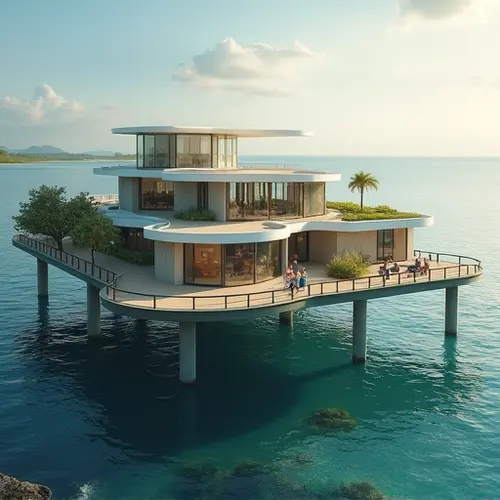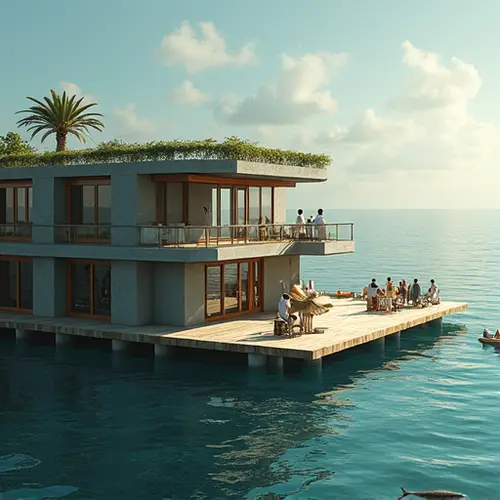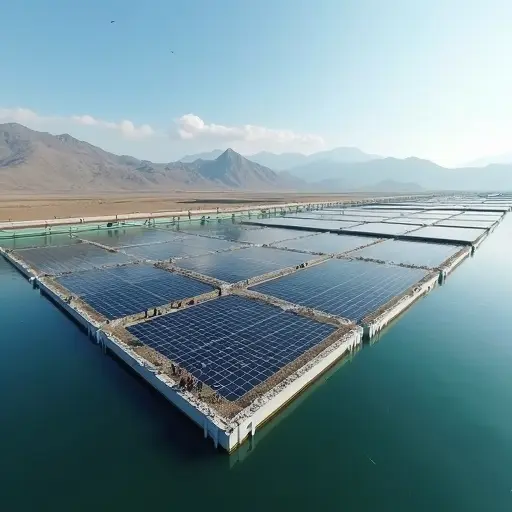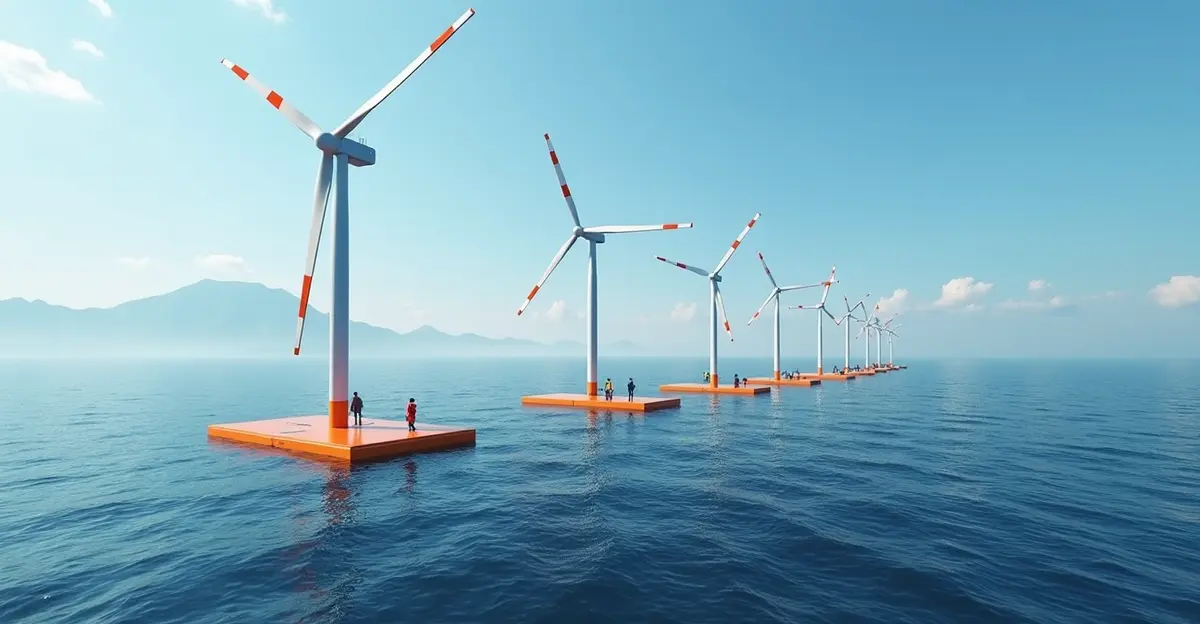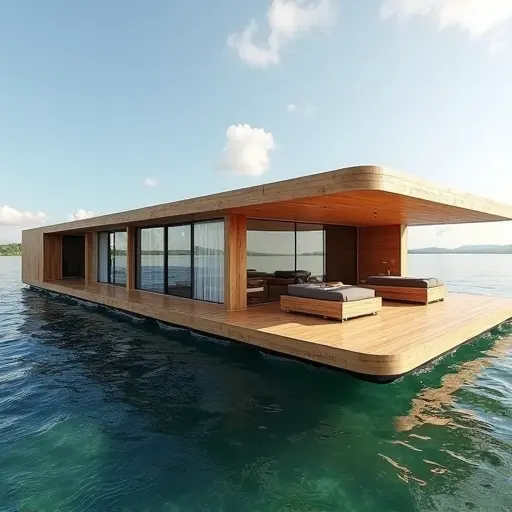
Innovative Water-Based Accommodations Gain Momentum
The hospitality industry is riding a wave of innovation with floating eco hotels emerging as a sustainable vacation solution. These aquatic accommodations combine luxury with environmental responsibility, offering unique experiences while minimizing ecological footprints.
Pioneering Projects Making Waves
Leading the charge is Holland Shipyards Group's Flotilla project, a groundbreaking collaboration with Good Hotels. This modular floating hotel features a 108-meter barge base supporting a 99-meter topside structure housing 243 rooms. What sets it apart? The entire operation runs without fossil fuels, relying solely on green electricity.
The design incorporates highly efficient solar panels across its roof, transforming it into a sustainable energy plant. High-insulation walls, heat-resistant glazing, and A++ rated equipment minimize energy consumption. Smart controls automatically adjust systems based on occupancy, while an innovative HVAC system heats water while cooling rooms.
From Historical Concept to Modern Reality
While floating hotels aren't entirely new (the world's first debuted in 1988 on Australia's Great Barrier Reef), today's versions represent massive technological leaps. Early prototypes like the Hotel Haegumgang faced challenges with weather and remote locations, but modern engineering has overcome these limitations.
Current designs feature passive immunity to extreme weather and water-sourced heat pump systems that seamlessly combine heating and cooling functions. The modular construction approach allows for shipyard assembly before towing to destination sites, significantly reducing environmental disruption.
Sustainability Meets Social Impact
Good Hotels founder Marten Dresen emphasizes their dual mission: "We share the same drive to do things in a future-proof way, socially and environmentally." Profits from these floating hotels fund education initiatives in Guatemala and hospitality retraining programs for unemployed workers in the UK.
The industry is noticing this trend. Major hotel chains like Marriott have committed to certifying 100% of their properties to recognized sustainability standards by 2025, with floating eco-hotels representing the cutting edge of this movement.
The Future of Aquatic Accommodations
As these innovative hotels prepare to launch in waterways worldwide, they offer solutions to coastal overtourism while utilizing underused aquatic spaces. With their minimal environmental impact and maximal guest experience, floating eco-hotels are poised to transform how we think about sustainable vacations.

 Nederlands
Nederlands English
English Français
Français Deutsch
Deutsch Español
Español Português
Português



